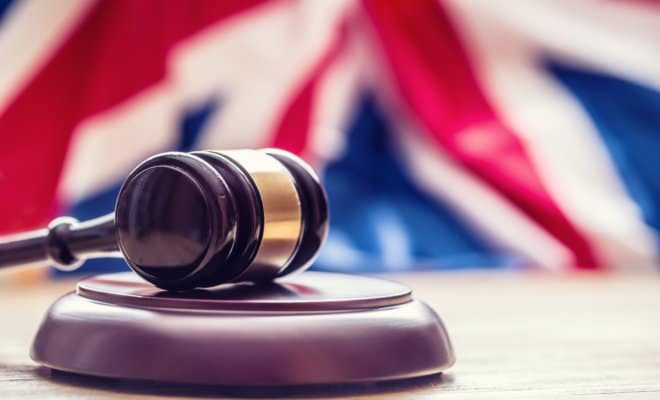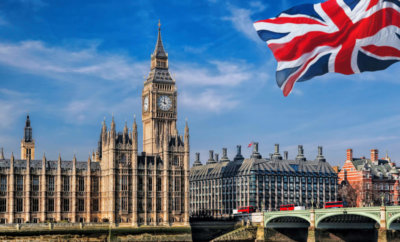Crime
India Gives Fresh Assurance to UK Court Over Jail Conditions in Bookie Extradition Case

Representational Image
Photo: Bigstock
UK court had given 42 days to India to submit details about Tihar Jail conditions while hearing India’s request for extradition of alleged cricket bookie Sanjeev Chawla.
India has submitted its sovereign assurance for the third time to a United Kingdom court over the condition of jails in the country in the case regarding the extradition of alleged cricket bookie Sanjeev Chawla. The UK high court had sought information regarding toilet and other facilities that would be available to Chawla at Tihar Jail in New Delhi if he is extradited to India.
The Crown Prosecution Service, acting on behalf of India, has submitted the assurance, the Hindustan Times reported, citing officials. The court had asked for details on May 4, and given 42 days to India to submit the information. It had then stayed India’s appeal against the Westminster Magistrates Court’s order to refuse Chawla’s extradition.
The UK court, fearing that Chawla would be subject to breach of his human rights in the jail, had sought information regarding the personal space that would be provided to him, whether he would be made to use a shared toilet, the risk to him from violence from other inmates, and the medical facilities he would be entitled to, the report added.
While giving India fresh time to submit the information, Judges George Leggatt and James Dingemans said that they saw a “real risk” that Chawla’s human rights would be violated in India under the European Convention of Human Rights. The Royal Court of Justice in London on May 4 said: “In our judgment the District Judge was entitled to say that the second assurance had come too late to be admitted at the final hearing…The second assurance was not provided on time.”
The Indian home ministry submitted the second assurance on Sept. 25, 2017, while its first assurance was submitted on Feb. 28, 2017, which the lower court called “general” before dismissing it.
“(There are) strong grounds for believing that the RP (Requested Person: Chawla) would be subjected to torture or inhuman or degrading treatment or punishment in the Tihar prison complex, due to the overcrowding, lack of medical provision, risk of being subjected to torture and violence either from other inmates or prison staff which is endemic in Tihar,” Judge Rebecca Crane noted in her judgment last year.
Chawla was arrested in September 2016 in the United Kingdom after India sought his extradition in relation to cricket match-fixing in 2000, involving South Africa captain Hansie Cronje.
The issue of the condition of Indian prisons is also said to have come up during Prime Minister Narendra Modi’s meeting with his British counterpart Theresa May in April this year. Modi had then told May that the United Kingdom should not be bringing up the issue repeatedly during extradition hearings, Indian External Affairs Minister Sushma Swaraj told reporters recently.
“I need to say that these are the same jails where you had kept Mahatma Gandhi, Pandit Nehru and India’s big leaders. So, it’s not right for your courts to raise questions about those jails,” Modi said to May, Swaraj was reported as saying last week.
India has also been seeking the extradition of several other people accused for various crimes in India, including liquor baron Vijay Mallya, and former cricket Indian Premier League boss Lalit Modi.




You must be logged in to post a comment Login